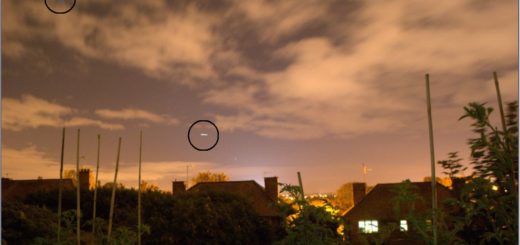BURIED SECRET Aliens could be hiding UNDERGROUND on Mars in secret ‘deep biosphere’, scientists reveal

SPACE scientists are advising Nasa to “go deep” in the quest for alien life on Mars.
Experts now believe there’s a better chance of finding living organisms below the red planet’s surface – and say it’s time to start digging.
Due to the sheer distance between Earth and Mars (about 33.9million miles), it’s not easy to explore our space neighbour.
That’s why Nasa uses satellites, probes, telescopes, rovers and landers to investigate the surface of Mars.
No evidence of life has been found yet, so now scientists are pinning their hopes on below-surface digging – a far more difficult task.
That’s the view of Joseph Michalski, an associate professor of earth sciences at the University of Hong Kong, speaking to Live Science.
Michalski thinks that humans are biased by our own existence on Earth to think life must be lurking on a planet’s surface.
But it might not be the case.
When Mars was a young planet, its surface would’ve been quite similar to Earth.
However, Mars eventually lost its magnetic field, exposing it to intense radiation that would’ve made on-surface living difficult.
Life may have already been “cooking” on Mars before that happened – and simply adapted to life underground.
“Life could have emerged in those hydrothermal settings and survived in the subsurface for quite a long time,” said Michalski.
We’ve already seen plenty of evidence that there’s a huge amount of life lurking in Earth’s deep biosphere.
According to Michalski, “deep-dwelling microrganisms” make up nearly half of all life on our planet.
And that discovery, he says, could be applied to Mars.
“We’re at the point now where it’s truly a frontier of understanding what ‘deep biosphere’ truly means, and how that relates to exoplanets and other planets in our solar system,” the professor explained.
“It’s a window into our own origins.”
Michalski believes underground Mars investigations are promising because it’s “even more habitable” below ground than on the surface.
In fact, Mars’ cooler molten core could be even better for hosting life than Earth’s own.
“We could have single-celled organisms that could be dormant for a long time, but could survive through metabolising hydrogen, methane, potentially sulphur,” he explained.
“Without being too specific, we think there are a lot of possibilities.”
Somewhat helpfully, Nasa is already probing deep underground on Mars using the InSight lander, which arrived on the planet last year.
One of InSight’s instruments is designed to burrow five metres into the ground of Mars, measuring the planet’s temperature.
This will give scientists a better idea of whether the red planet can support sub-surface life.



 Creators of mankind
Creators of mankind Description of “Tall white aliens”
Description of “Tall white aliens” Where they came from?
Where they came from? About hostile civilizations
About hostile civilizations The war for the Earth
The war for the Earth “Tall white aliens” about eternal life
“Tall white aliens” about eternal life Video: “Nordic aliens”
Video: “Nordic aliens” Aliens
Aliens Alien encounters
Alien encounters The aliens base
The aliens base UFO
UFO Technology UFO
Technology UFO Underground civilization
Underground civilization Ancient alien artifacts
Ancient alien artifacts Military and UFO
Military and UFO Mysteries and hypotheses
Mysteries and hypotheses Scientific facts
Scientific facts


















